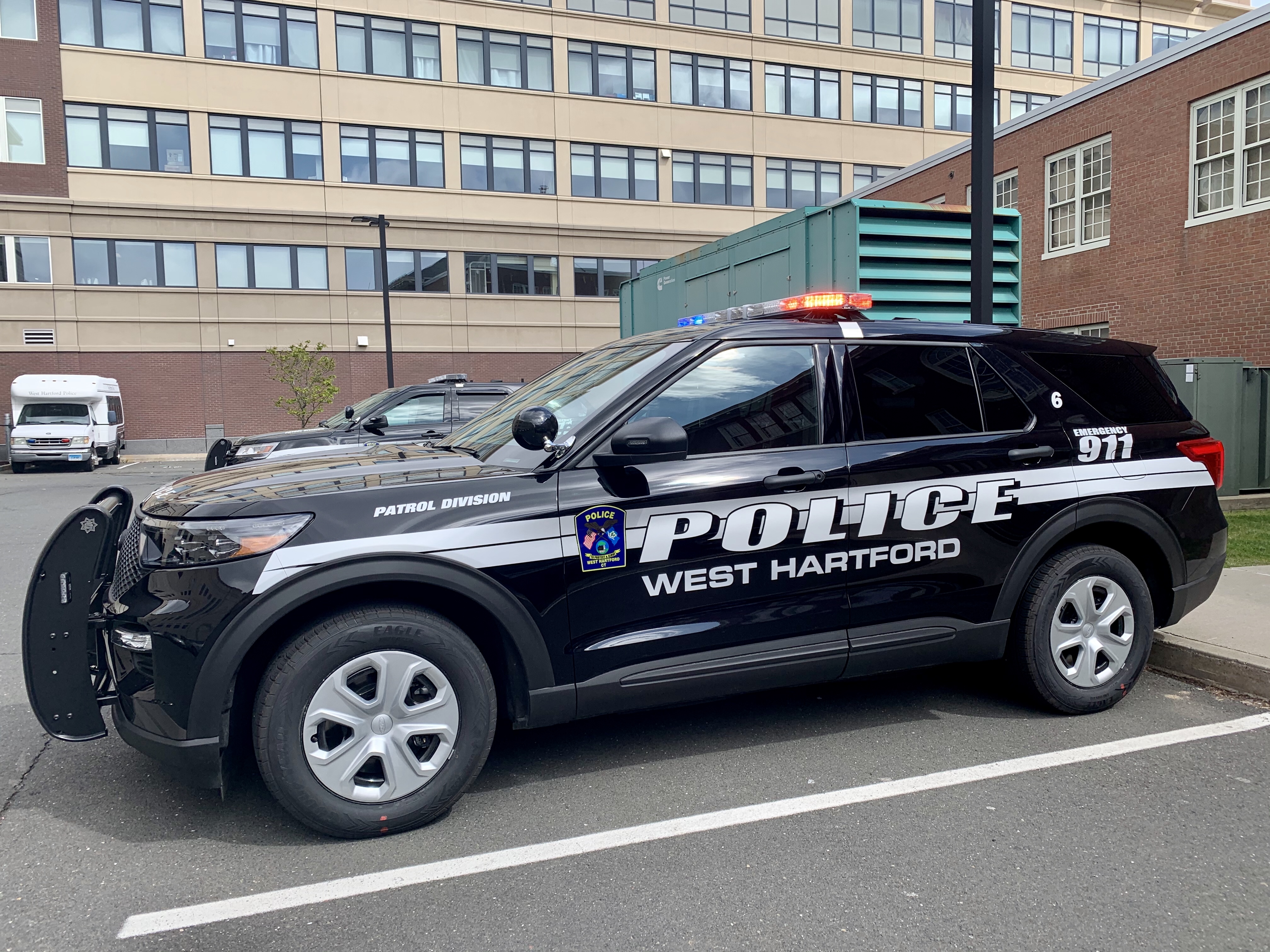Mayor: West Hartford’s History with ECS Is ‘Unfair, Inexplicable, and Untenable’

Audio By Carbonatix

West Hartford Town Hall. Photo credit: Ronni Newton
Mayor Scott Slifka and other town leaders testified before the State Legislature’s Appropriations Committee last week in support of a bill that would increase funding to West Hartford.

West Hartford Town Hall. Photo credit: Ronni Newton
By Ronni Newton
“Educational Cost Sharing” is one of those terms that’s discussed in political circles, especially around budget time, and the dollars associated with West Hartford’s shortfall are so enormous that many residents can’t even fathom what it means or comprehend how it directly impacts them.
Last week, West Hartford Mayor Scott Slifka, Superintendent of Schools Tom Moore, Board of Education Vice Chair Tammy Exum, and State Rep. Brian Becker testified before the legislature’s Appropriations Committee at a hearing being overseen by State Sen. Beth Bye, a West Hartford Democrat who not only co-chairs the committee but is also sponsoring a bill (SB 816) that if passed would make a large dent in West Hartford’s shortfall.
The bill would mandate that towns receive at least 50 percent of their Educational Cost Sharing (ECS) funding. “If the bill passes, it would mean approximately $3.3 million for West Hartford,” Bye said.
As an example, if West Hartford were to receive that money this year, the $3.3 million could shave .57 mills off the proposed mill rate increase – which translates into $126 per year for the average homeowner.
ECS is funding the state provides to communities to help pay for education. It’s based on a complex formula which takes into account a municipality’s property values as well as student needs – theoretically equalizing educational opportunities on a statewide basis by considering students’ needs and the town’s ability to fund them.
Since 2007, the state has essentially been ignoring its own formula and flat-funding ECS rather than calculating it based on changing needs. West Hartford isn’t a poor community, but it’s an inner ring suburb with an increasingly diverse demographic, Bye said, that’s effectively getting “punished” for succeeding despite the underfunding.
Due to an additional grant, the state’s 30 lowest-performing districts are now getting a much greater percentage of the money they need, Bye said. Based on the most recent calculations, on a dollar basis West Hartford now has the sixth largest shortfall in the state.
Slifka said that balancing West Hartford’s budget each year in the face of such a revenue shortfall is painful – and a challenges he faces “because of state government.”
Slifka spelled it out in his testimony to the Appropriations Committee: “What if I told you that a city serving nearly 10,000 students, with 20 percent coming from homes where English is a second language, with a 39 percent minority population (and growing), with 70 different languages spoken and 21 percent of students qualifying for free or reduced lunch, and 11 percent of the student population receiving special education services and programs, was one of the highest performing school districts in the state and the nation? And what if I told you that city was the most underfunded school system in the state?” he said.
“West Hartford’s history with the Educational Cost Sharing grant is unfair, inexplicable, and untenable. In our 19 year history with this grant, we have seen the gap in our ECS funding grow from 23 percent to as much as 72 percent. This translates into a shortfall of over $300 million over the life of the grant, and represents a shortfall of $31.9 million for just 2014-15,” Slifka said.
The lack of parity in ECS funding benefits some towns, especially those that have had increasing property values without increased diversity. Because ECS has been “flat funded” for years, 47 municipalities, including towns like Farmington and Greenwich, have been funded at more than 100 percent of what the formula indicates they should receive, while towns like West Hartford get further behind.
To look at it from another perspective, West Hartford will receive $1,774 per pupil of ECS funding next year, while Newington will receive approximately $3,000 per student.
“We are proud of our history as a high performing district but our demographics demonstrate that we differ from many of the high performing districts with whom we are often compared,” Moore said in his testimony.
“The West Hartford that people think they know based on the restaurants and shops in the town center and the bustling Blue Back Square does not tell our whole story. We have significant percentages of students with varying needs. We stand ready to support all students across a spectrum of need but the inequitable distribution of ECS funding threatens to undermine our efforts,” Moore said.
“We want our kids to experience the diversity, but we don’t get that funded,” Bye said.
The overall ECS underfunding is huge, Bye said. “Every time you raise the issue of ECS, it’s such a big number that eyes glaze over.” Instead the state has focused on “smaller” education fixes, but Bye said that over the years hundreds of millions have been poured into charter and magnet schools because ECS was seen as “too big to take on.”
Charter and magnet schools are just one means of bringing about change in public education, Moore said, asking the legislature to stand up for “equitable education funding.”
“We believe that our public schools have the right formula to support and grow students and enable them to excel. Proper, fair support for our local programming is all that is necessary. Invest in us, and we will not let you down,” Moore said in his testimony.
The additional funding mandated by the bill would not take away monies from other municipalities to redistribute them. It would be an addition to the budget, Bye said. The bill would effect a policy change, however, not just throwing money at the problem.
Town leaders agree that the pressure on property taxes in West Hartford will continue to be huge as long as significant ECS underfunding continues, and it was a factor in Tuesday night’s Board of Education vote on the school budget.
As for the chances of the bill’s success, Bye expressed optimism. “Nothing is given, but certainly we have had incredible testimony from the mayor, superintendent, and others bringing attention to the problem. I’m really proud of our efforts,” Bye said.
Like what you see here? Click here to subscribe to We-Ha’s newsletter so you’ll always be in the know about what’s happening in West Hartford!



